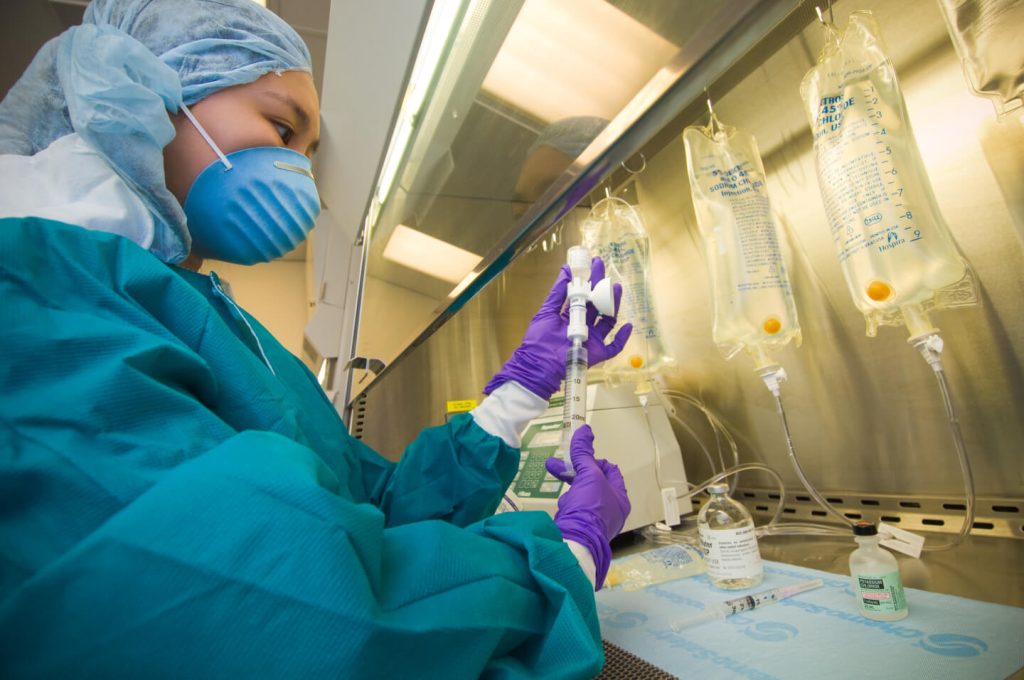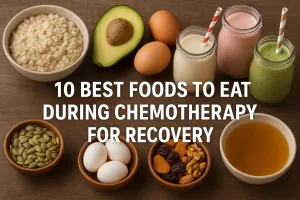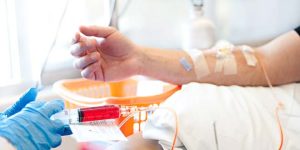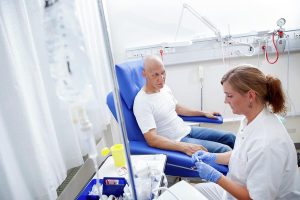
8 things not to do while on chemotherapy
Getting chemotherapy? Just as important as your treatment plan is knowing what not to do. earn the top habits and exposures to stay away from during chemotherapy to protect your health, speed up your recovery, and minimize side effects.
Why need Chemotherapy?
Chemotherapy is an effective treatment, but it also affects healthy cells, particularly fast-growing ones like immune cells and the intestinal lining. That’s why it’s essential to take extra precautions during your cancer treatment.
Here are eight things to avoid while on chemotherapy to reduce risks, stay safe, and support your body through recovery.
1. Avoid Exposure to Infections
Chemotherapy affects your immune system by lowering your white blood cell count( a common side effect). This makes it harder for your body to fight off viruses, bacteria, and fungi.
Tips to avoid infections during chemo:
- Stay away from people who are sick (cold, flu, COVID-19, etc.)
- Wash your hands frequently with soap and water
- Wear a face mask in crowded places
- Maintain Personal hygiene
- Sanitize high-touch surfaces often
Note- Following the above tips is essential, as even a minor infection can delay your chemotherapy sessions and affect treatment progress.
 2. Don’t Eat Raw or Undercooked Foods
2. Don’t Eat Raw or Undercooked Foods
Due to the high vulnerability of the immune system during treatment, food safety becomes essential. Raw or improperly cooked foods can carry harmful bacteria that your body may not be able to fight off, increasing infection risk.
Avoid these high-risk foods:
- Sushi, sashimi, and raw shellfish
- Raw or undercooked meat, poultry, and eggs
- Unpasteurized dairy (Brie, Camembert, queso fresco, etc.)
- Delicatessens and cold cuts
- Unwashed fruits or leafy vegetables
- Raw sprouts and refrigerated pâté
Note- Always wash produce thoroughly and stick to fully cooked meals. Ask your caregivers for a personalized food safety list.
3. Don’t Drink Alcohol
Alcohol may worsen the side effects of chemotherapy, such as kidney or liver stress, nausea, and dehydration. It may also affect the way your body metabolizes some medications.
Key advice:
- Stay away from all alcohol during your first chemotherapy cycles.
- If tolerated, find out from your oncologist before consuming alcohol.
- Avoiding alcohol for a long duration of time is particularly important when dealing with cancers like colorectal and breast cancer.
4. Avoid eating Spicy, Acidic, and Problematic Foods
Spicy or acidic foods can lead to mouth sores, mucositis, acid reflux, and gastrointestinal issues (common side effects of chemotherapy).
What Foods to avoid if you’re experiencing symptoms:
- Citrus fruits and juices
- Tomatoes and tomato sauces
- Hot peppers or heavily spiced dishes
- Vinegar-based items
Also, avoid grapefruit and grapefruit juice, which interfere with chemo drug metabolism by blocking CYP3A4 enzymes.
5. Don’t Overexert Yourself
While it is suggested to stay active during chemotherapy, overextending it can result in weakness, exhaustion, or even injuries.
Exercise tips for chemo patients:
- Take proper rest whenever required.
- Consider stretches, yoga, or gentle walking.
- Get your doctor’s permission before starting, especially after surgery.
- Stay out of heavy lifting and prolonged physical activity.
6. Avoid Smoking at All Costs
Smoking can affect the effectiveness of chemotherapy and interfere with your body’s ability to heal. In addition, it raises the possibility of complications from treatment and even recurrent cancers.
How to quit:
- Nicotine replacement therapies (patches, gums)
- Prescription medications
- Counseling or support groups
- Personalized smoking cessation plans
Note- Talk to your care team for help even during treatment; it’s never too late to quit.

7. Avoid Direct Sunlight and UV Exposure
Your skin might get more susceptible to sunburn, dryness, peeling, Hyperpigmentation, and rashes as a result of chemotherapy.
How to be protected from UV:
- Wear SPF 30+ sunscreen daily
- Avoid tanning beds entirely
- Wear protective clothing, hats, and sunglasses
- Stay indoors during peak sunlight hours (10 AM to 4 PM), as UV rays are most aggressive and damaging at this time
8. Be Cautious with Chemotherapy Drugs and Bodily Fluids
Chemotherapy medications may remain in your body for up to 72 hours following each treatment session, which needs to be tracked. It is essential to handle these fluids carefully to avoid accidental contact or contamination.
Safety precautions for you and caregivers:
- Use gloves when handling bodily waste or laundry
- Use hot water and detergent to clean soiled objects.
- Don’t share personal items or towels.
- If at all possible, use separate toilets.
Final Thoughts
Every patient responds differently to chemotherapy; personalized care is essential. Adjust your strategy to your particular needs by striking the correct balance between dietary changes, lifestyle modifications, and symptom management. You can better support your body, enhance your quality of life, and speed up your recovery process by being informed and proactive, whether that means minimizing exposure to potential risks, managing fatigue, or optimizing your diet.
FAQs
Can I drink alcohol while undergoing chemotherapy?
Alcohol can interfere with chemotherapy and worsen side effects like nausea and dehydration, so most doctors advise against it during this time.
Why should I avoid raw food during chemo?
Foods that are raw or undercooked may contain bacteria or parasites that are particularly harmful when chemotherapy weakens your immune system.
Is it safe to exercise while on chemotherapy?
Yes, but only in small doses. While moderate exercise is advised, excessive physical activity should be avoided. Before starting or continuing an exercise regimen, always get your doctor’s approval.
Can I go out in the sun during chemotherapy?
If you wear protective clothes and sunscreen, you can tolerate a small amount of sun exposure. Avoid tanning beds and the hottest parts of the day, though, as your skin might be more sensitive.
What are the worst foods to eat during chemotherapy?
Avoid undercooked meats, deli meats, raw seafood, unpasteurized dairy, and anything spicy or acidic that might cause stomach problems or mouth sores.







